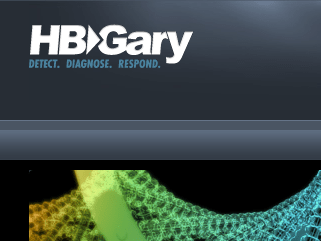 Hector Xavier Monsegur, a.k.a. “Sabu”
Hector Xavier Monsegur, a.k.a. “Sabu”
In July federal agents quietly arrested Hector Xavier Monsegur at a New York City housing project. Less than 24 hours later, they’d converted the infamous hacker, known online as Sabu, into an informant. He reportedly had been caring for his imprisoned aunt’s two young children and didn’t want to abandon them for a jail cell.
Working from an FBI building, Sabu allowed agents to observe his online conversations with friends and confidants in the hactivist group Anonymous. But that’s not all. He also went on the attack, positioning himself as a ringleader of a new Anonymous faction, Antisec, that would target private security firms, police departments, and the FBI itself. The FBI appears to have used Antisec as a way to attract hackers and collect evidence against them. But did Sabu cross the line between informing on his friends and entrapping them? Writers such as Forbes‘ Andy Greenberg have floated the idea. (Similar questions have come up in the case of another activist turned FBI asset, Brandon Darby.)
On Wednesday the Anonymous group CabinCr3w shed light on that question with an incredibly detailed dossier of Sabu’s online activities while he was in the employ of the FBI. This timeline follows his secret transformation from hacktivist to informer and his eventual outing.












